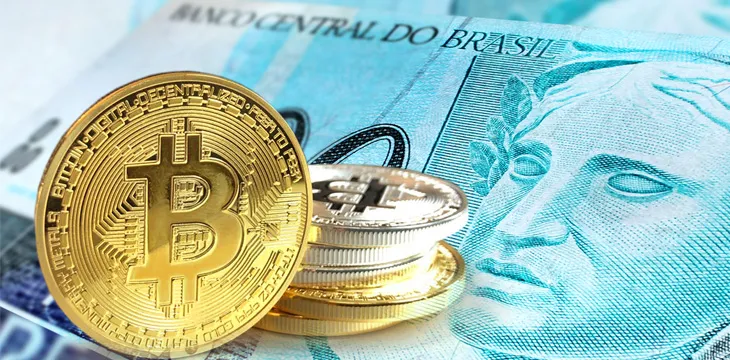|
Getting your Trinity Audio player ready...
|
Two banks in Brazil, Banco de Brasil and Santander, were forced to reopen the accounts belonging to local cryptocurrency exchange Bitcoin Max, following a decision made by the Federal District and Territorial Court (TJDFT).
On Tuesday, local news outlet Portal do Bitcoin reported that the court granted an injunction compelling the two banks to reopen Bitcoin Max’s accounts—or risk paying the fines. Initially, the order had been denied by a judge in the lower courts, which caused the lawyer of Bitcoin Max to file for an appeal with the Federal District Court.
In the Federal Court, Judge Ana Catarino ruled in favour of the exchange citing that the two banks had acted against the law. In her decision, Catarino stated that the banks did not issue notifications prior to closing the exchange’s accounts, a conduct she described as abusive and violated the Central Bank of Brazil Resolution No. 2,025/93.
If Santander and Banco do Brasil had failed to comply with the decision, they would have to pay fines amounting to $1,350 and $5,400 respectively, according to the report.
Leonardo Ranna, lawyer for Bitcoin Max, confirmed to local reporters that the exchange’s bank accounts “have been restored,” alongside those of its partners.
The case against Banco de Brasil was filed on September 12. The initial injunction was denied but after appealing, adjudicator Fatima Rafael from the Federal District Court ruled against the bank. Rafael gave the financial institution a 24-hour period to reopen the accounts or face a fine of $540 per day. Banco do Brasil reportedly held $32,300 of money belonging to the exchange.
The ruling comes several months after the Brazilian government’s antitrust watchdog, the Administrative Council for Economic Defense, has launched an investigation into the country’s banks, which were allegedly abusing their power to undermine domestic cryptocurrency exchanges.

 07-11-2025
07-11-2025 





